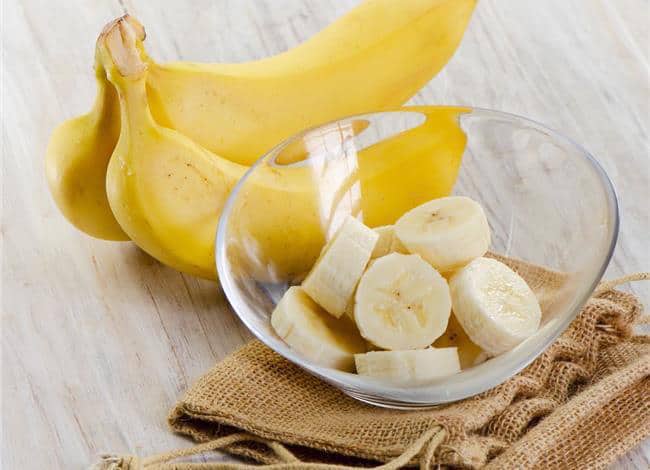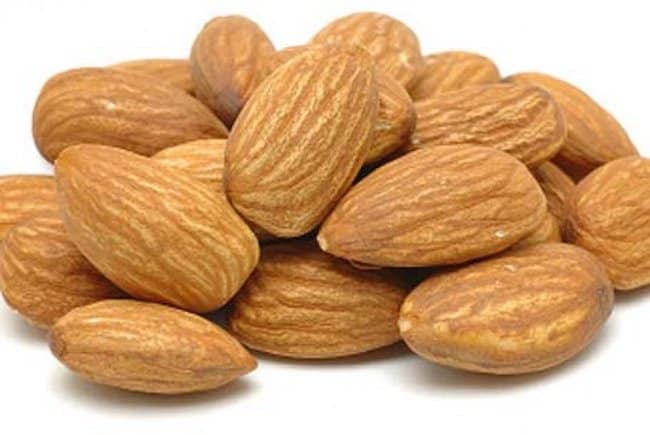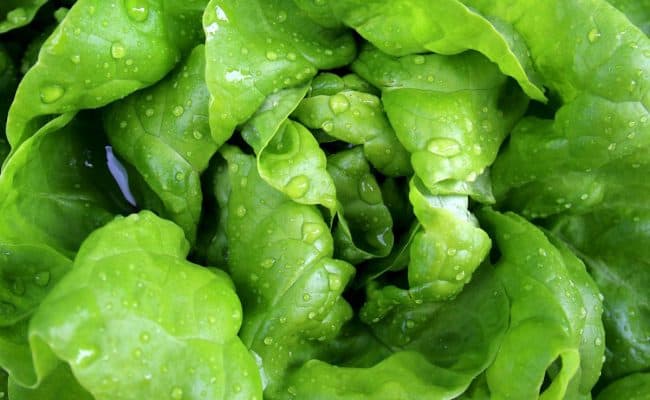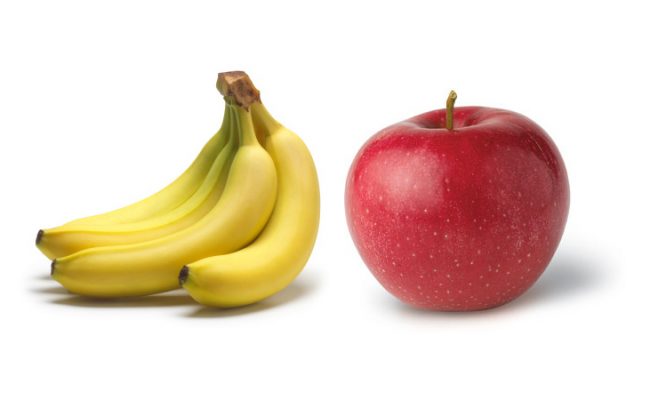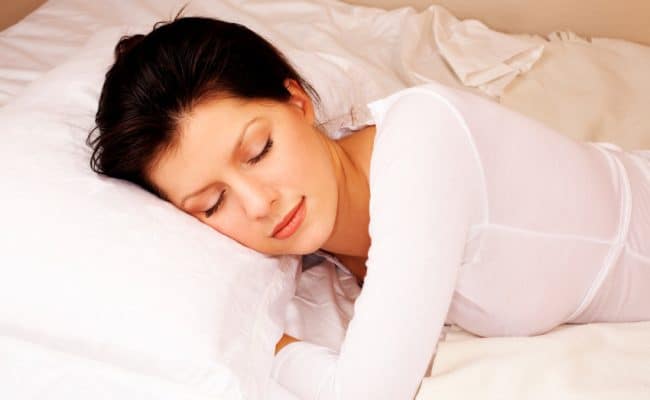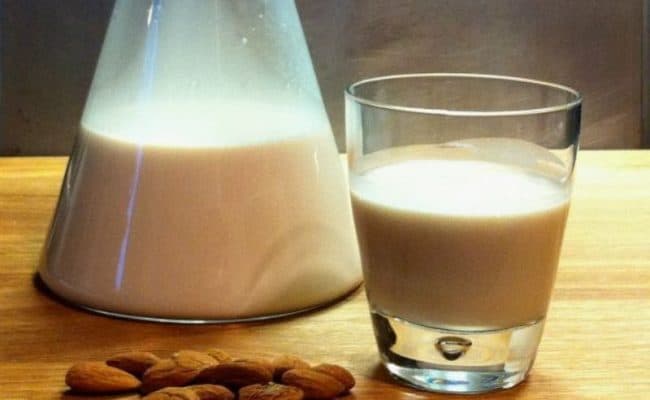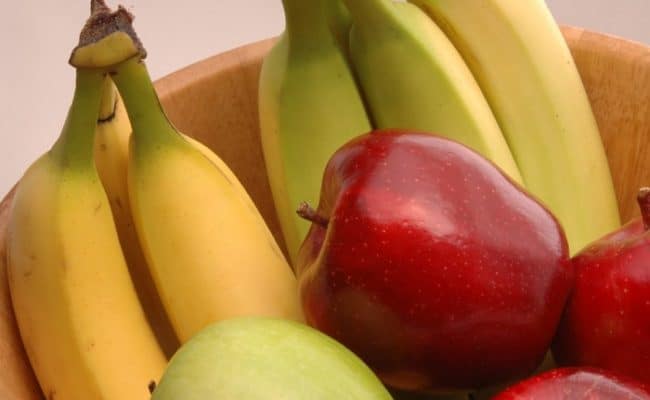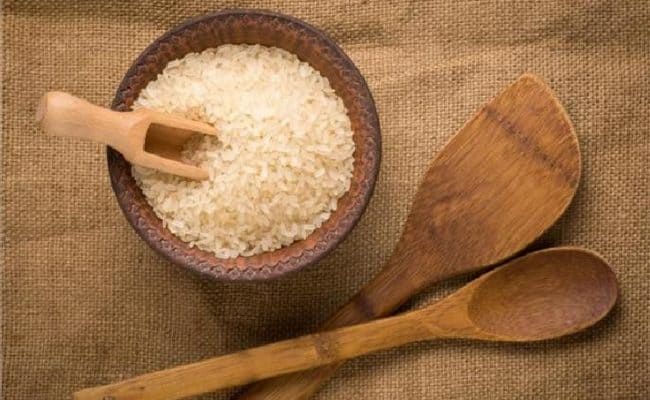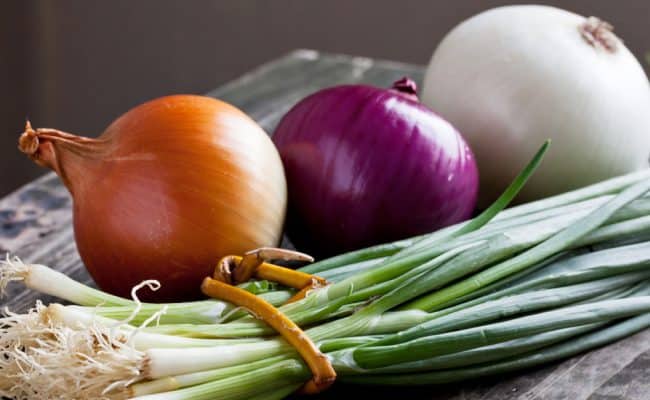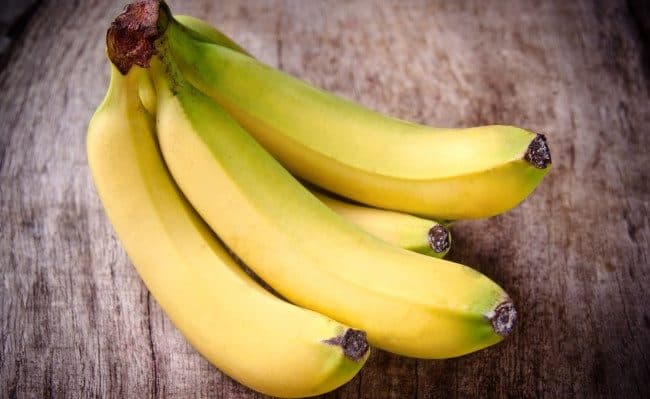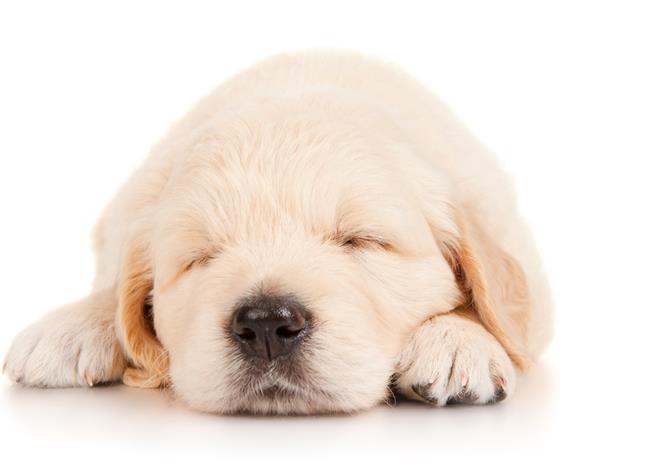
If you have difficulty falling asleep, staying asleep or waking up too early you may suffer from insomnia. If this sounds familiar, you and millions of other Americans deal with the effects of not getting enough sleep either on a short term or chronic basis. About one third of American adults can suffer from short term insomnia, and about 10% of American adults suffer from long term insomnia (1).
Having insomnia can do more than make you feel tired all day. Not getting enough sleep can affect metabolism, weight regulation, appetite, hormone levels, ability to focus, concentrate and lower energy levels throughout the day.
If you are looking for ways to help you sleep, you can alter your bedtime routine, limit screen time before sleeping and altering the environment in your bedroom.
However, you can also influence your sleep by the food you eat or don’t eat. Eating foods that promote relaxation and producing the hormones serotonin and melatonin can help improve the quality of your sleep.
Cut the caffeine
Caffeine and any other stimulants are one of the first suspicious things to cut out from your diet if you are struggling with insomnia.
Stimulants can impact brain function by increasing the hormone dopamine (2). The increased dopamine can increase the feeling of euphoria which makes you feel more awake. Stimulants can also increase blood pressure and heart rate.
Drinking coffee or tea are the most common ways to get caffeine, but caffeine can also be found in chocolate products or some weight loss supplements.
Individual responses to caffeine can vary; some people may be able to drink coffee in the morning but not in the afternoon.
If you are not sure how much caffeine influences your sleep disturbances, err on the side of caution. Cutting out caffeine can have some short term withdrawal effects, but long term effects can be worth it if it helps you sleep.
About 3 cups of coffee per day is considered safe for most people, but if you suffer from insomnia getting less coffee than this may be recommended.
Timing of caffeine intake can be important, as caffeine can enter your system in about 15 minutes after being ingested (3). How long it stays in your system can vary.
Limit alcohol intake
Alcohol acts like a depressant in the body, not a stimulant like caffeine. Alcohol can even make you feel drowsy and fall asleep faster than normal.
So why would you want to limit alcohol intake to help with insomnia?
Even though drinking alcohol can help make you feel sleepy, it turns out alcohol can negatively affect REM sleep which can make you not sleep as soundly.
REM sleep is important for helping the brain focus and concentrate during the day.
Like caffeine, individual tolerance to alcohol and how it affects sleep can vary. In general, drinking the moderate amount of alcohol, 1 drink per day for women and 2 drinks per day for men, shouldn’t interfere with REM sleep.
However, drinking more than this can negatively impact quality of sleep. If you do not currently drink alcohol, it is NOT recommended to start drinking to help you fall asleep.
High protein foods
According to The Sleep Council (4), tryptophan is found in foods like poultry, steak, seeds, nuts and milk.
Eating foods high in the amino acid tryptophan can help promote healthy sleep because tryptophan is used to make the hormones serotonin. Serotonin then can make the hormone melatonin which induces sleep.
Bananas
In addition to high protein foods, bananas also provide the amino acid tryptophan according to US News and World Report (5).
Another reason bananas can help fight insomnia is they are a source of the minerals potassium and magnesium.
Low levels of magnesium can negatively impact sleep. A 2012 study (6) found supplementation of magnesium for 8 weeks helped alleviate insomnia symptoms in elderly subjects. This suggests getting more magnesium in the diet could help lower insomnia.
Potassium, magnesium and calcium can also encourage relaxation and sleep because these nutrients help to relax muscles and can help lower blood pressure.
See also: Are there any benefits from eating bananas at night?
Tart cherries
Tart cherries are a rare source of melatonin. Drinking tart cherry juice twice a day for two weeks was shown to help people with insomnia sleep longer.
Drinking tart cherry juice twice a day or eating dried tart cherries could help you sleep better at night.
Tart cherry juice can be added to smoothies, and dried cherries can be eaten by themselves or as a topping for salads, savory dishes, yogurt, oatmeal or as part of a trail mix.
Almonds
Almonds are another potential source of helpful sleep nutrients tryptophan, potassium and magnesium. One ounce of almonds provides about 19% Daily Value for magnesium and 5% Daily Value for potassium.
Eating a banana with almond butter or a handful of dried cherries with almonds could give you a good source of nutrients that encourage healthy sleeping.
Avoid refined carbohydrates
Eating refined carbohydrates can raise blood sugar levels then send them crashing down which can disrupt sleep cycle (7). When blood sugar levels fall, this can signal the brain to wake up.
Refined carbohydrates such as sugary cereal, white bread, baked goods and sweetened beverages should be avoided for optimal sleep health.
Eat a light dinner with protein and complex carbohydrates
Pairing protein foods with healthy sources of carbohydrates like vegetables, fruits and whole grains can offer a nutritional meal that provides tryptophan and micronutrients to encourage healthy sleep patterns.
Eating a high fat or large meal can increase the demand and length of digestion which can interfere with sleep quality.
Eating dinner well before falling asleep with an optional light snack before bed can help boost your intake of healthy sleep nutrients.
